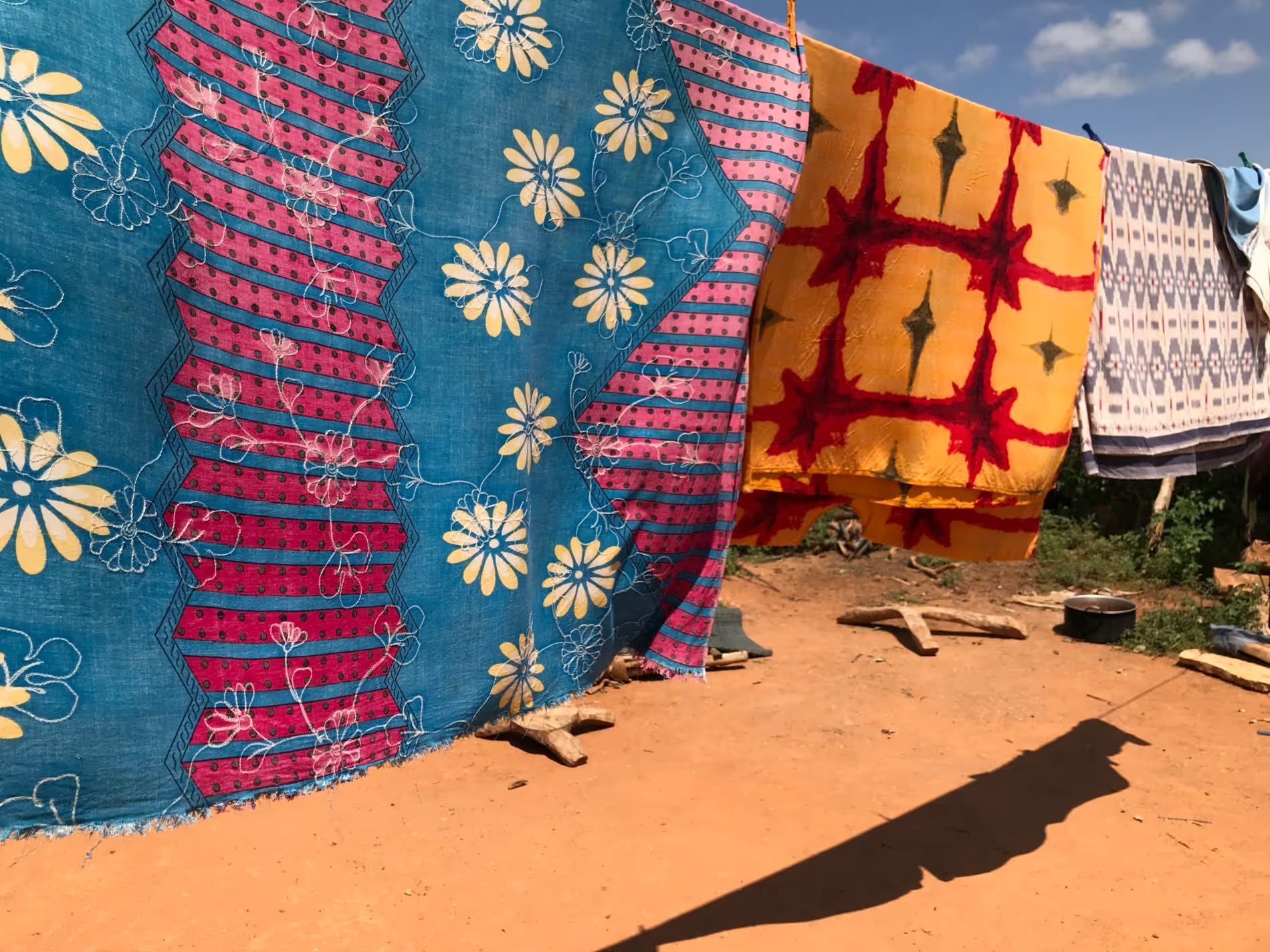How “de-biasing” humanitarian organisations could lead to more gender-equitable programming during COVID-19 and beyond

"Addressing gender biases could... improve the effectiveness of humanitarian response, narrow the gendered leadership gap and ensure women on the frontlines are protected"
Vandana Sharma and Jennifer Scott, who are leading the HIF funded project Addressing gender bias within humanitarian organisations and gender-based violence in emergencies programming, share their thoughts on the relevance of 'de-biasing' organisations in the context of COVID-19 and the wider humanitarian context.Over the past few years the HIF has funded innovations working on improving the monitoring and evaluation of GBV programming in emergencies. This project aims to address gender bias barriers that may limit the adoption of effective monitoring and evaluation (M&E) approaches for GBV programmes in humanitarian emergencies (GBViE).This blog sets the scene for gender bias at both the organisational and individual level, and explains how it may manifest in the recent COVID-19 response, as well as in GBV programming in emergencies. By introducing the work to be carried out under HIF funded project using behavioural design principles, this blog provides an insight into how to address gender bias in the humanitarian sector and why it is so important.